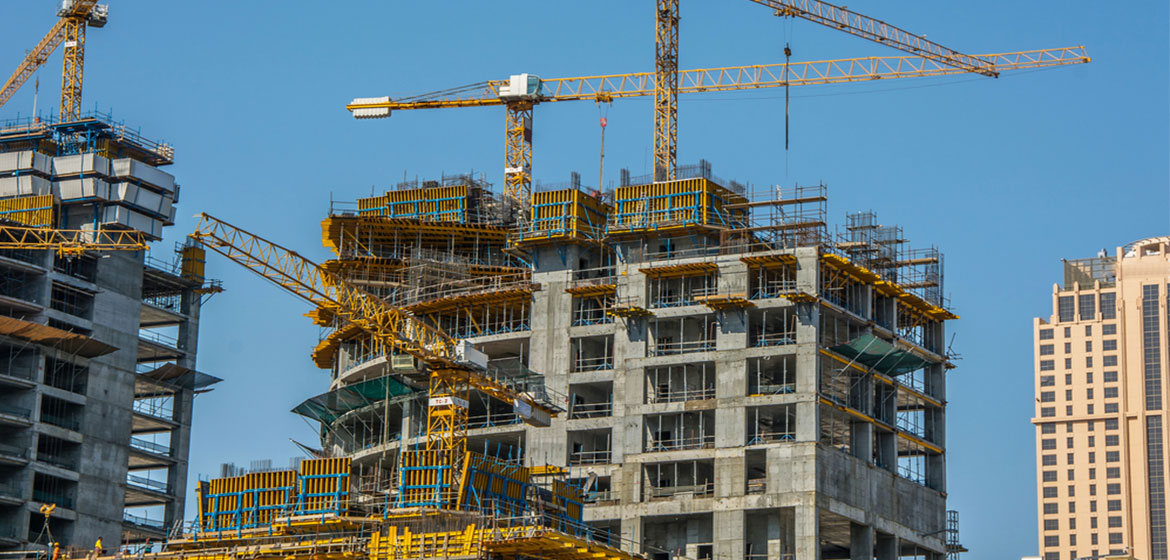Understanding The Risks Of Ignoring Building Codes

Building codes are regulations and standards set forth by local jurisdictions to ensure the safety, structural integrity, and functionality of buildings. These codes encompass various aspects of construction, including materials, design, electrical systems, plumbing, fire safety, and accessibility. Ignoring building codes can have severe consequences, jeopardizing the well-being of occupants, increasing liability for property owners, and compromising the overall integrity of the built environment. In this post, we will discuss the risks associated with ignoring building codes and the importance of compliance.
Compromised Structural Integrity
Building codes exist to ensure that structures are designed and constructed to withstand various forces and maintain their structural integrity. Ignoring these codes can result in substandard construction practices, leading to weak foundations, inadequate structural support, and overall compromised stability. Such compromised structural integrity poses significant risks, including potential collapse, injuries, and even fatalities in extreme cases.
Safety Hazards for Occupants
Ignoring building codes can create safety hazards for the occupants of a building. Codes address fire safety, electrical systems, plumbing, and accessibility standards, among other critical aspects. Non-compliance with these codes can result in faulty electrical wiring, inadequate fire protection measures, inadequate plumbing systems, or lack of accessibility features for individuals with disabilities. These safety hazards increase the risk of accidents, injuries, and loss of life.
Increased Liability for Property Owners
When building codes are ignored, property owners assume higher levels of liability. In the event of accidents, injuries, or property damage caused by code violations, property owners may be held legally responsible for any resulting harm or losses. Insurance coverage may be affected or denied if the property is found to be non-compliant with building codes, leaving the owner financially liable for damages.
Unfavorable Building Inspections
Building inspections are conducted to ensure compliance with building codes at various stages of construction or renovation. Ignoring building codes can result in unfavorable inspections, leading to delays, additional costs, and the need for rework. Failed inspections can also prevent the issuance of necessary permits, halting construction progress and potentially exposing the property owner to fines and legal consequences.
Difficulty in Future Modifications or Expansions
Failure to comply with building codes can create challenges when attempting to make modifications or expand a building in the future. Non-compliant structures may not meet the requirements for new additions or alterations, requiring extensive remediation or reconstruction to bring the building up to code. This can result in substantial expenses, delays, and potential disruptions to business operations or personal living arrangements.
Decreased Property Value
Non-compliance with building codes can significantly impact the value of a property. Prospective buyers or tenants may be deterred from investing in or occupying a property that does not meet current code requirements. The cost and effort required to rectify code violations may reduce the attractiveness and marketability of the property, leading to decreased property value and potential financial losses for the owner.
Insurance Coverage Limitations
Insurance policies often have provisions related to building code compliance. If a property does not meet current building code standards, insurance coverage may be limited or denied altogether. This can leave property owners vulnerable to substantial financial losses in the event of property damage, accidents, or natural disasters. Building code compliance is often a requirement for obtaining comprehensive insurance coverage.
Legal Consequences
Ignoring building codes can have legal repercussions. Local jurisdictions have the authority to enforce compliance with building codes through fines, penalties, and legal action. Violators may be subject to financial penalties, injunctions, or even forced closure of the building. Legal consequences can extend to the property owner, contractors, architects, and other parties involved in the non-compliant construction or renovation process.
Negative Impact on Community and Urban Development
Ignoring building codes not only affects individual properties but also has a broader impact on community and urban development. Non-compliant structures can detract from the overall aesthetics and quality of a neighborhood or city. They may disrupt urban planning efforts, hinder community development, and create an environment of substandard construction practices. Building codes exist to promote consistent, safe, and sustainable development, and ignoring them undermines these goals.
Ignoring building codes comes with significant risks that extend beyond the immediate consequences. Compromised structural integrity, safety hazards, increased liability, failed inspections, decreased property value, insurance limitations, legal consequences, and negative impacts on community development are among the many risks associated with ignoring building codes. Compliance with building codes is not only a legal requirement but also an ethical responsibility to ensure the safety, well-being, and sustainability of our built environment. Property owners, contractors, and stakeholders need to prioritize code compliance and contribute to the creation of safer and more resilient communities.